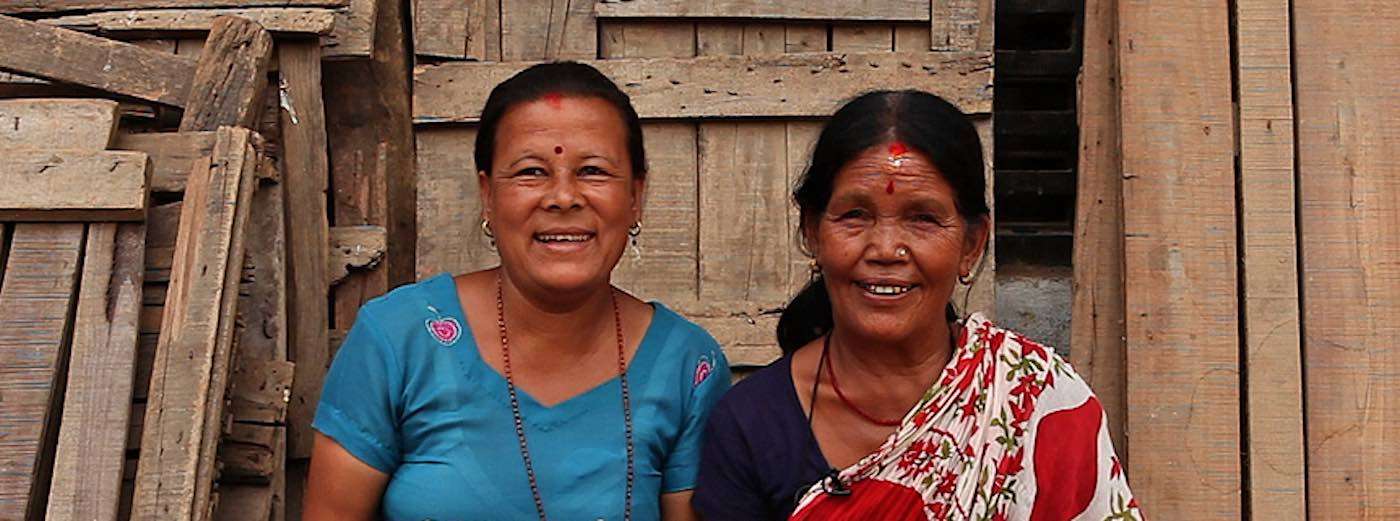New XPRIZE Funded by Elon Musk Will Award $100 Million For Top Carbon Removal Ideas to Address Climate Crisis
The largest XPRIZE in history funded by Elon Muck with inspire innovators to develop carbon removal solutions that combat climate change.

One of the most important stops on the ride to independence is the freedom to economically plan one's own affairs and retain ownership of acquired property.
The Himalayan state of Uttarakhand has finally given married women co-ownership of their husbands' ancestral property. It's the first Indian state to do so, though local politicians hope it won't be the last.
The landmark ruling, called the the Uttarakhand Zamindari Abolition and Land Reforms Act, is set to affect some 350,000 women who manage properties alongside, or in the absence of their husbands.
Ancestral property normally takes form as farms, which have traditionally been passed down along patriarchal lines. But as a state migration crisis has taken place—where men in particular have left in search of work elsewhere—and women have been left alone on family farms, the government thought it was only natural that women should be given co-ownership of the land.
"We talk about equal partnerships and this ordinance will provide equal partnership to women. This will have a major impact and will go a long way in the overall development of the state," Chief Minister Trivendra Singh Rawa has said, explaining, "It was unfair that despite performing all the agri works, the women could not take decisions or apply for loans as the land was in the name of their husbands."
Divorced women, provided they have no children with their first husband, will also have a claim to co-ownership of their father's farm, and if a divorced husband reaches bankruptcy, his ex-wife will be able to file for co-ownership.
In 2015 Uttarakhand was the second-fastest growing state by GDP, and agriculture remains its economic engine. High in the mountains, bordering Tibet to the North, Uttarakhand is also referred to as Devabhumi, which means "Land of the Gods," due to the numerous temples and shrines in the region.
AMPLIFY The Positive Trend By Spreading the Good News on Social Media…
Be the first to comment